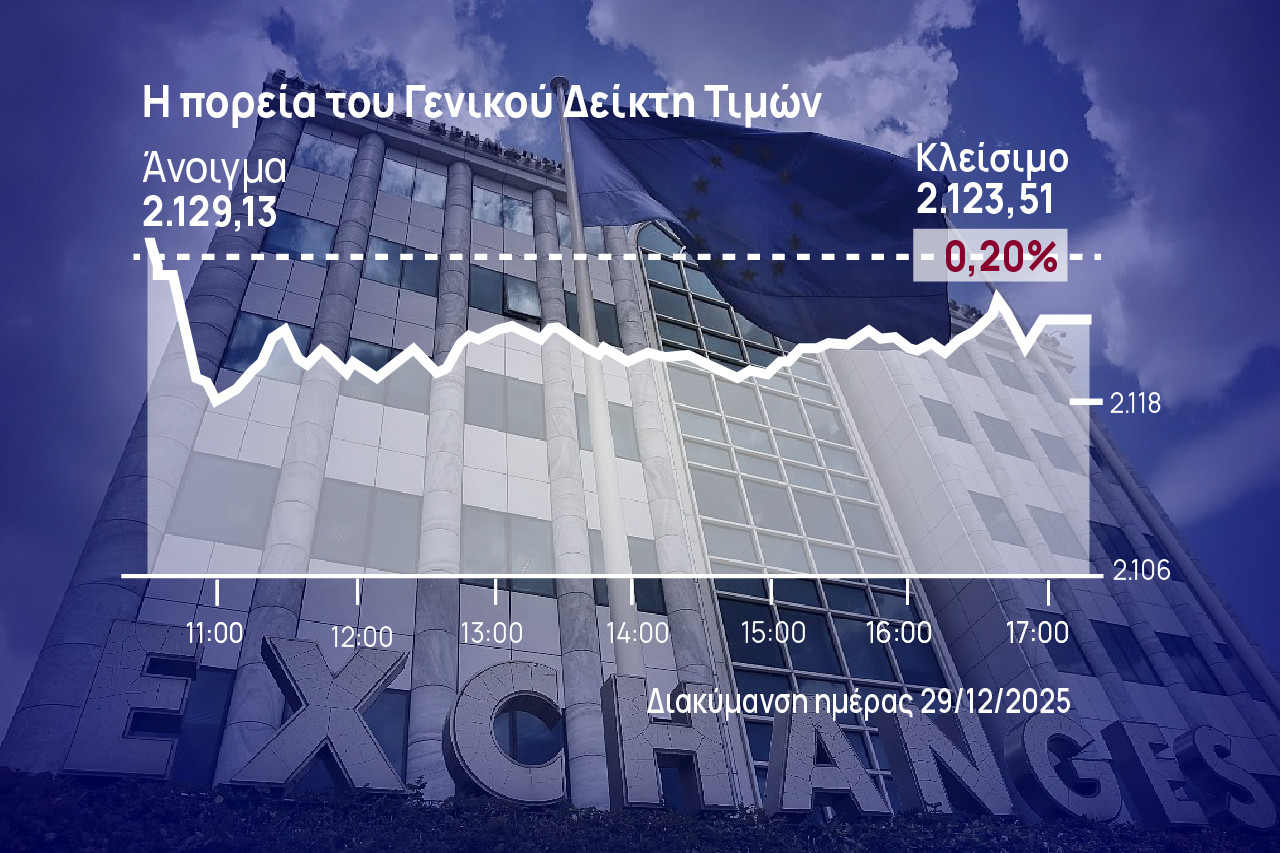The latest OECD findings reveal that Greece has seen a significant increase in job vacancies since 2019, surpassing trends observed in other OECD countries.
By the fourth quarter of 2023, job vacancies per unemployed person had risen by more than 4, with the index reaching 446 units compared to 100 units in late 2019.
While job vacancy rates generally decreased in other countries by the end of 2023 from their peak levels, Greece continued to experience growth. Austria followed Greece closely with an index of 279 units by the end of 2023, higher than the OECD average of around 125 units.
Furthermore, Greece ranks among the EU countries with the highest job vacancies in early 2024, securing the seventh position with a 3.1% vacancy rate according to Eurostat. This marks a notable annual increase of 1.6 percentage points, significantly outpacing other EU nations.
In particular, the tourism sector in Greece has faced persistent challenges, with vacancy rates in accommodation and food services remaining elevated since 2019. This ongoing shortage poses a substantial near-term hurdle for businesses in the sector.
Addressing these labor shortages requires a comprehensive approach, as highlighted by the OECD. This includes improving job quality in sectors struggling to attract workers, such as healthcare and tourism, both heavily impacted by the COVID-19 pandemic.
The report stresses the need to enhance workforce participation among socially disadvantaged groups and to better match job skills and geographic demand in the labor market.
Overall, the OECD emphasizes the importance of a holistic policy strategy to effectively connect labor market supply and demand, ensuring sustainable economic growth in Greece.
Source: tovima.com
















![Ελαιόλαδο: Ανάκαμψη στην παραγωγή, πίεση στην κατανάλωση – Τι αλλάζει έως το 2035 [γραφήματα]](https://www.ot.gr/wp-content/uploads/2025/07/elaiolado.2023-1.jpg)














![Συντάξεις: «Όχι» Ευρωπαίων σε περικοπές ή αύξηση ορίων συνταξιοδότησης [γραφήματα]](https://www.ot.gr/wp-content/uploads/2025/12/syntaxeis_epidomata.jpg)







